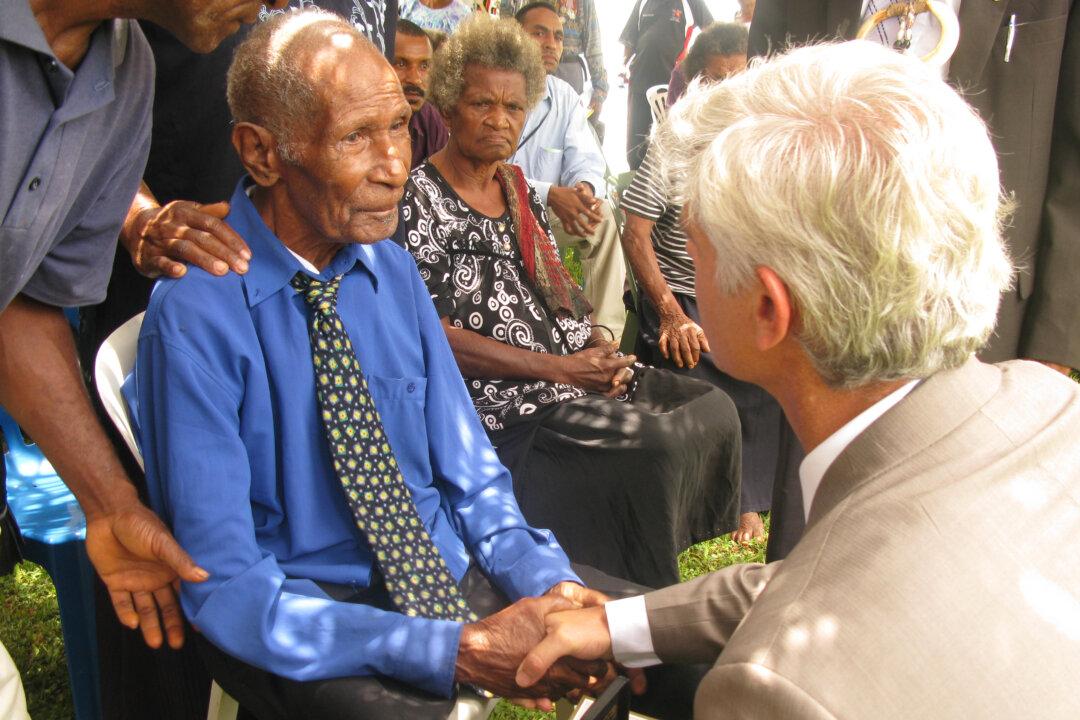BRISBANE, Australia—Beijing’s efforts to extend its influence in the South Pacific is unlikely to undermine the West’s relationship with the region, says a former diplomat.
Ian Kemish, Australia’s former ambassador to Germany and high commissioner to Papua New Guinea, said Australian authorities were engaged in a “contest of values” for the region.





